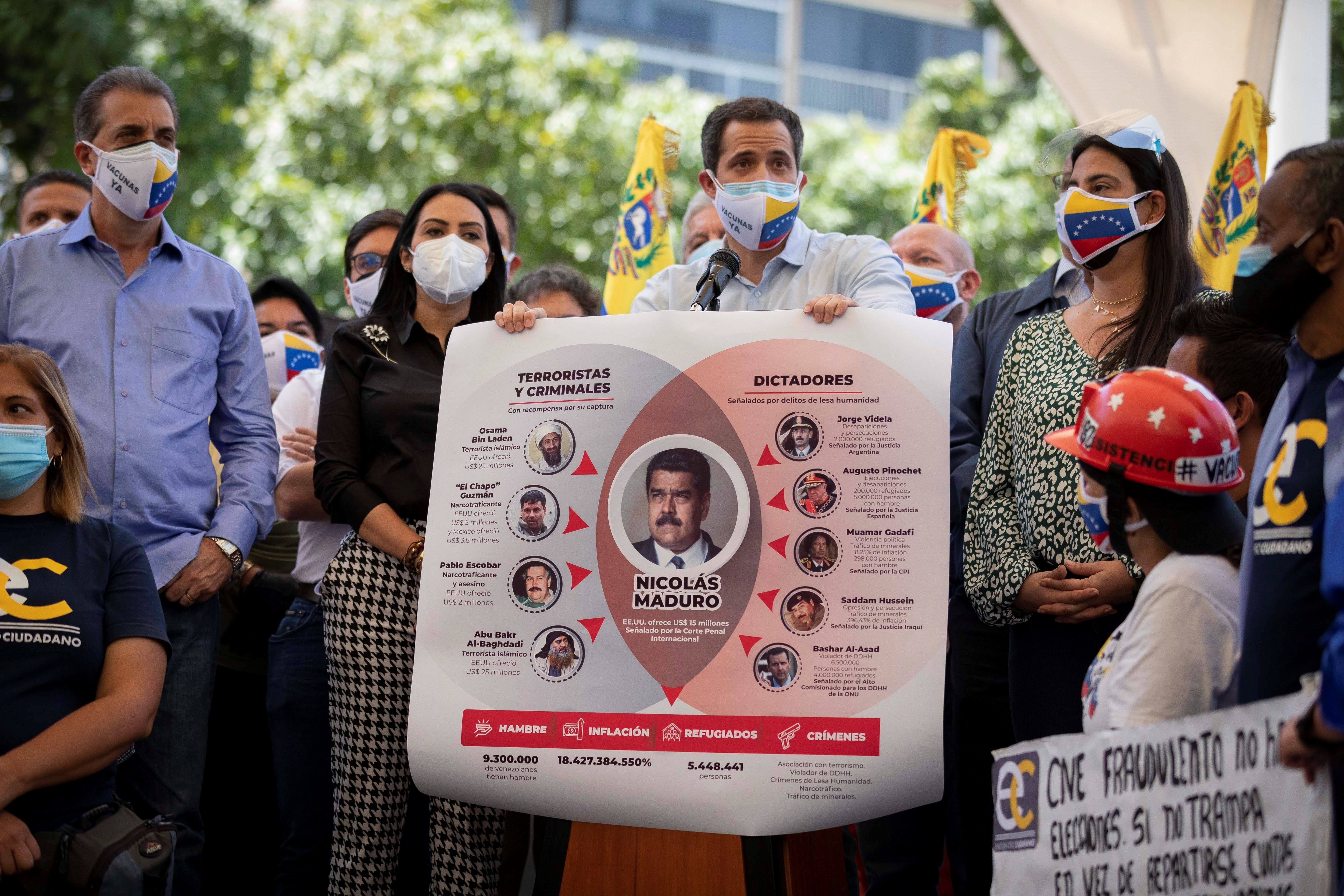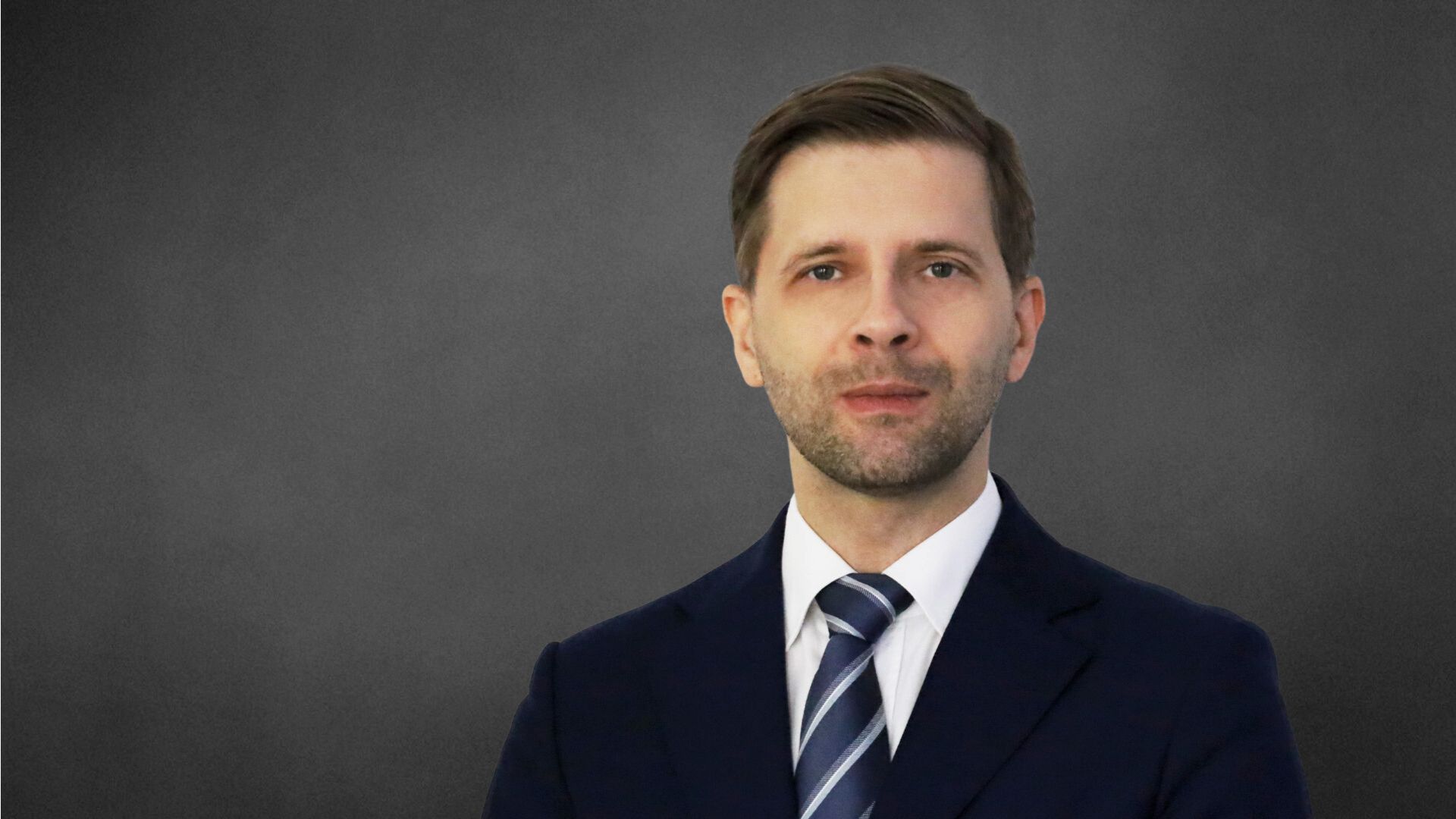New Negotiations to Resolve the Crisis in Venezuela
On 13 August in Mexico, delegations from the government of Nicolás Maduro and Unified Platform of four main Venezuelan opposition parties, signed a memorandum on new talks. The success of this fifth attempt since 2014 to overcome the multidimensional crisis in Venezuela will depend in particular on government concessions, which will be influenced by the U.S. and the EU’s readiness to lift sanctions, among other factors
 Photo: RAYNER PENA R/EFE
Photo: RAYNER PENA R/EFE
What is known about the circumstances and the agenda of the talks?
The standoff in the domestic political situation and the deterioration of the socio-economic situation in Venezuela, exacerbated by the COVID-19 pandemic, explain the sides’ decision to return to dialogue. As in the 2019 talks, Norway acted as the mediator and—at its request—Mexico became the host of the meetings. Russia participates on the government side, with the Netherlands on Unified Platform’s. Norway will establish “groups of friends” of the process. The negotiations will cover equal political rights and free elections, sanctions, the constitutional order, economic and social development, and compensation to victims. The main goal is to agree on all points, but conditional partial agreements will be allowed. Consultations with representatives of various social groups are also planned. The next round is scheduled for 3-6 September.
What are the negotiating goals of each side?
Maduro’s government has restored full control after taking over parliament in January, but it is still heavily isolated internationally. Therefore, it wants sanctions to be lifted, assets abroad unblocked, and international recognition to be granted to state institutions. Certainly, it will expect to avoid criminal liability for human rights violations, among other potential risks. The marginalised opposition linked to Juan Guaidó, Maduro’s main rival until recently, strives for a transparent and fair electoral process, freeing political prisoners, and access to humanitarian aid. It also hopes to regain political initiative and rebuild public support—Guaidó’s public approval plummeted from 85% to 4% since 2019. Initially, the parties are expected to agree on the terms of the November elections for governors and mayors.
What is the international significance of the negotiations?
The return to talks paves the way for overcoming the negative external effects of the prolonged crisis in Venezuela. First is to slow the mass emigration caused by the deteriorating humanitarian situation, as more than 5 million Venezuelans have left their country since 2015. The dialogue may also help to ease tensions in the region resulting from the countries’ divergent stances on resolving the situation in Venezuela. These fractures were deepened by the Trump administration’s policy of confrontation with Venezuela, aimed at ousting Maduro. Progress is the talks may help to gradually restore cooperation with Venezuela by the countries that have isolated it so far. A challenge to this process, however, will be Venezuela’s strong dependence on Russia and China, who became Maduro’s key allies in circumventing sanctions and helping him to maintain power.
How will the U.S. and the EU be involved in the talks?
Although not involved directly in the negotiations, the U.S. will have the most influence on the process. It has legitimised the opposition and influenced its negotiating power. The Biden administration’s support for a peaceful solution, in contrast to the previous presidency, provides credibility to the negotiations. The EU has continuously supported political dialogue and tried to mediate it through the International Contact Group. The U.S., the EU (along with Canada) have declared their readiness to lift sanctions in exchange for concessions by the Venezuelan authorities. They will also try to influence the talks with offers of humanitarian aid and commitments of long-term support for Venezuela’s economic recovery. They may be invited by the negotiators to discuss these issues on the margins of the main talks.
On what will the success of the talks depend?
The chances of successful negotiations are constrained by the large discrepancies between the sides. Finding common ground will require not only far-reaching concessions but also broad international support. Negotiators will likely opt for partial agreements, but consultations with representatives of respective interest groups will be essential here. Agreement on humanitarian aid, including on COVID-19 vaccines, appears to be the easiest. The hardest part will be talks on the democratic electoral process, international recognition, and accountability for human rights violations of the Venezuelan authorities. The arrangements on the November elections will determine the direction and continuation of the talks. If democratic standards are guaranteed, the vote could help to verify the real support for the sides in the conflict.


